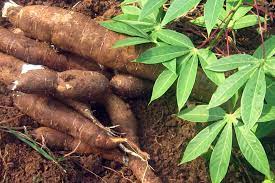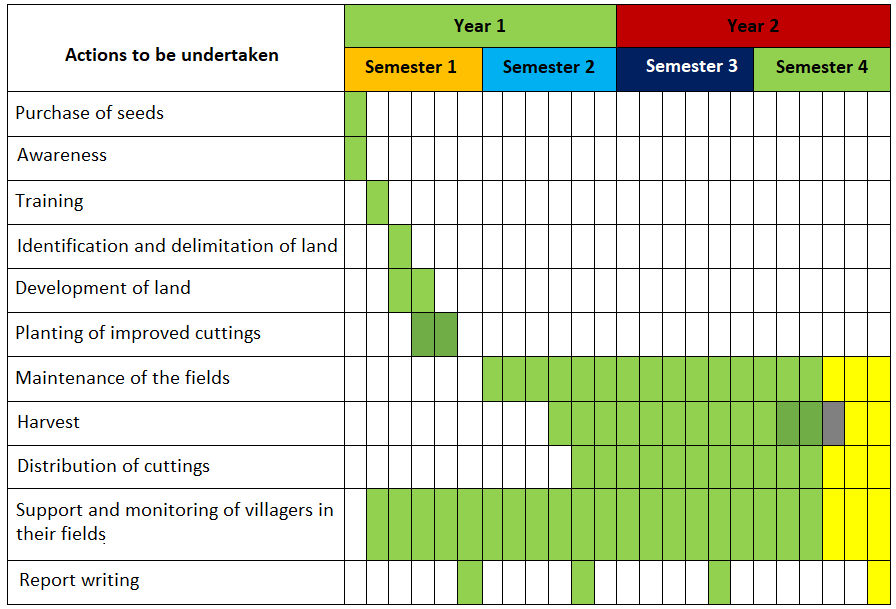
Project objectives
> The main objective of this project is to increase the involvement of local populations in the conservation of the bonobo and its habitat by establishing new plantations using mosaic-resistant cassava cuttings in the savannah, marrying the conservation of bonobos with the well-being of local communities.
> These new cassava plantations serve to redirect cassava cultivation from the forest to the savannah securing the bonobo habitat while also ensuring food security and increase cassava-based income for the local populations.
Specific objectives
> These new cassava plantations serve to redirect cassava cultivation from the forest to the savannah securing the bonobo habitat while also ensuring food security and increase cassava-based income for the local populations.
Specific objectives
- Strengthen the local population’s technical capabilities in the management of agricultural activities, namely: the production, harvesting, and marketing of cassava.
- Develop new plantations with improved mosaic-resistant cassava crops in each of the participatory villages.
Expected results
Result 1.1
The local population is aware of the importance of cultivating crops in the savannah rather than the forest in order to protect the bonobo and its habitat
Indicators : Number of awareness campaigns organised ; number of villages and people reached by the awareness campaigns.
Result 2.2
Increasing development of improved cassava plantations
Indicators : Number of hectares of improved cassava fields per village
Result 1.2
Pressures on forest and plant resources are reduced and controlled
Indicators : Reduction in agricultural and charcoal burning activities in the forest ; number of cultivated fields in the savannah
Result 2.3
Improved cassava crops from the plantations are distributed to the local population
Indicators : Number of households receiving improved cassava; quantity of the improved cassava received by each household
Result 2.1
The local population masters savannah cultivation techniques
Indicators : Number of training sessions attended by the local population; number of people having attended the training sessions; number of people putting the training from the sessions into practice
Result 2.4
Products harvested from agriculture in the savannah replace products harvested from slash-and-burn agriculture in the forest
Indicators : Number of fields per household; amount of produce harvested from savannah agriculture
Action plan



